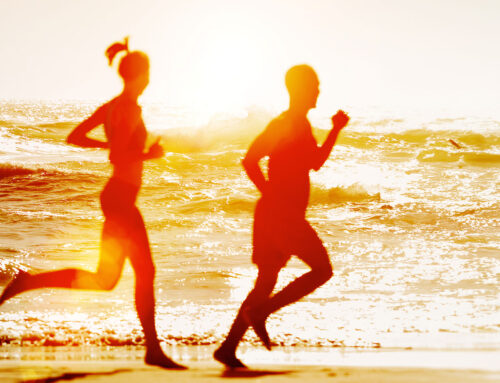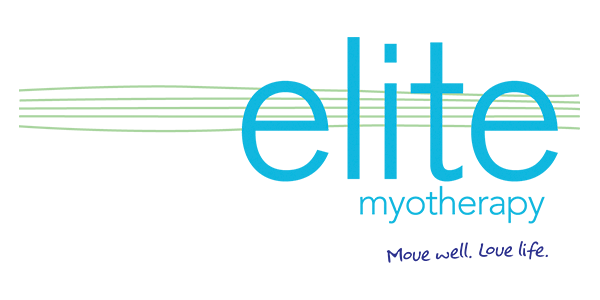Many of us live very active lifestyles were we are participating in sports, weights training and cardio, working, looking after our families and socialising, it can be exhausting! But we have to understand the importance of maximising our recovery time which in turn will maximise our training. Rest days can sometimes be forgotten in our busy life style, but the more we prioritise recovery the faster we get back to training and performing at our peak! If this isn’t something you haven’t focused on or given much attention to, I encourage you to continue reading and explore way to assist in your optimal recovery.
Some people may think that when we exercise this is when muscle growth and strength takes place, however this is a misconception. In fact during a workout muscle fibres beak down, your immune system is decreased and you get a build-up of toxins in your blood and muscles. Shortly after finishing exercise, your heart rate is still high and adrenal glands secrete stress hormones, which signal the body to go into repair mode. The body’s muscular system builds strength and repairs itself when you rest, post workout and for hours to days after exercise, this in turn shows you how important sleep is. The body uses the hours that we are asleep to repair and rebuild muscle growth and to allow your body in a whole to recover, re-oxygenation of all the cells, Poor sleep means poor energy and probably a poor attitude too. This may translate to a sub-maximal effort, poor technique, and overall poor performance and therefore means you won’t be developing into your best.
Many people don’t consider their post training recovery as important as the training itself and do the bare minimum, a quick stretch at the end. Proper recovery is very important it prevents delayed onset muscle soreness (DOMS), injuries prevent and aids the repair of the damaged muscles allowing you to perform at your best the following day. Some examples of recovery are:
- Stretching: Straight after you exercise it is important you stretch (static) all muscle groups you have been working. The benefits of stretching will aid in reducing muscle soreness, stiffness and increase blood flow. Stretch for around 30 seconds to one minute for each muscle group is recommended, as only stretching for a few seconds won’t give you maximum benefit.
- Releasing: Using a foam roller or spiky ball to prevent the tightening of muscle fibres (trigger points) and can furthermore also help muscle recovery.
- Rehydration: Drinking enough water to replenish your cells and to flush out any toxins that have built up during your training. Rehydrate with water, electrolytes or amino acids/protein supplements.
- Epsom salt bath: The minerals contained in the Epsom salts are absorbed by the skin and replace minerals that have been depleted during the day.
- Myotherapy treatment: Having treatment from your Myotherapist regularly will help keep you conditioned and ready for training. It is wise to also touch base with your practitioner often so you can communicate any concerns or update them with any new training. Then if necessary we can modify your treatment plan.
Active recovery is also a very good to do to maximise your training. Active recovery may be in the form of pilates, yoga, stretch classes, meditation and light cardio can assist in your recovery by increasing blood flow to your muscles and brain. These sessions can be challenging, but in a different way to the normal training that you may do. In the active recovery sessions there should be a focus on developing intrinsically, concentrating on your breathing, stretching and mental connection to your body opposed to muscle strength. For example if you are doing a lot of ballet training you may choose to do pilates as conditioning where you would be aiming to develop intrinsic muscles of the feet, pelvis and legs. Conditioning should challenge you to the point of fatigue but not to the point that you are exhausted.
Finally, I recommend you to take up a hobby that will give your mind an outlet. If you are only focused on you training then you will find that it consumes you and you are left feeling unsatisfied, fatigued and can lead to illness. Mental health is very important and it is more than ok to have some freedom and do something completely different!
Article Written by Sarah Nowland Myotherapist







